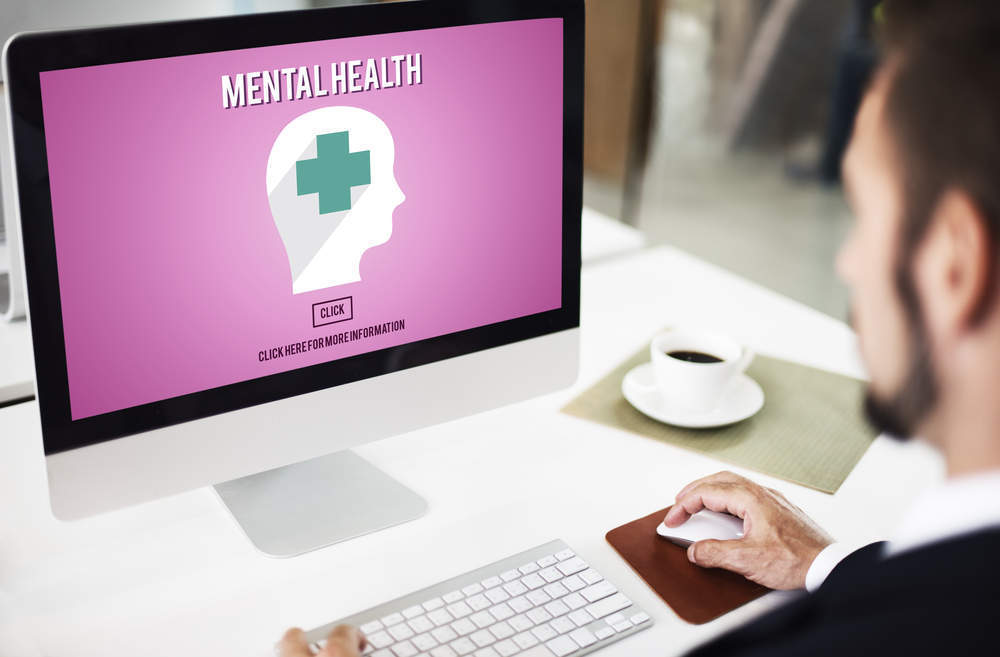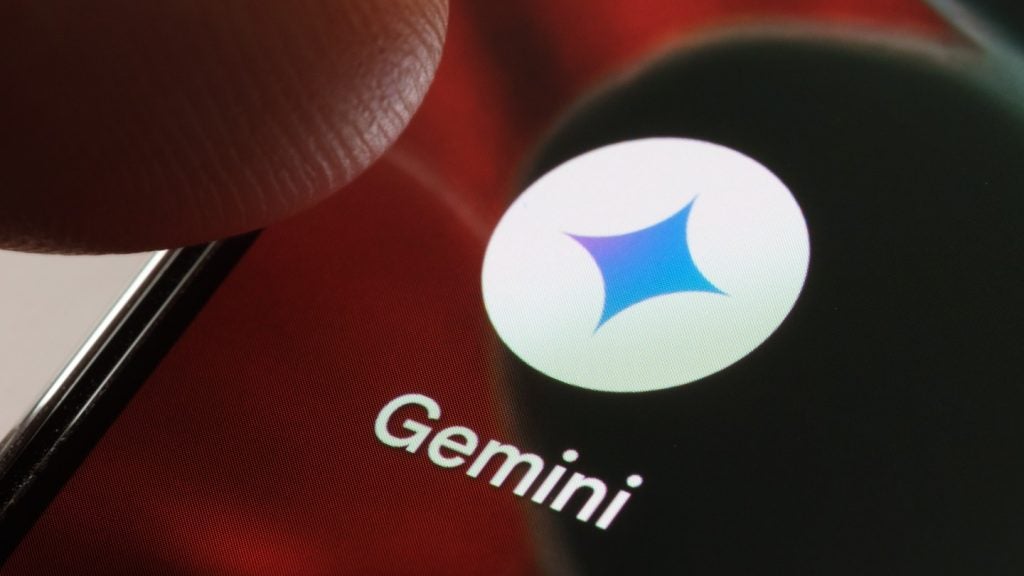
10 October is World Mental Health Day, as the likes of the World Health Organization and Mind come together to promote, educate and inform the public on mental health issues.
The day helps to remove the stigma attached to mental health issues and encourages those suffering to seek help.
The stigma once attached to mental health issues is fading. It is no longer something to hide and there are plenty of ways that you can improve your mental wellbeing, whether through medicine, lifestyle changes or coping methods.
…Or technology.
Mental health tech tools to try this World Mental Health Day
Tech is beginning to revolutionise the healthcare industry and mental health hasn’t been forgotten about.
There are plenty of charities and companies working on innovative tech solutions to mental health issues.
How well do you really know your competitors?
Access the most comprehensive Company Profiles on the market, powered by GlobalData. Save hours of research. Gain competitive edge.

Thank you!
Your download email will arrive shortly
Not ready to buy yet? Download a free sample
We are confident about the unique quality of our Company Profiles. However, we want you to make the most beneficial decision for your business, so we offer a free sample that you can download by submitting the below form
By GlobalDataThere are now apps for addiction, software for sleep disorders and programs for panic attacks.
Here are some of the best apps and tools helping to boost your wellbeing:
TalkLife Connect
Given that the World Mental Health Day 2017 theme is workplace wellbeing, it seems fitting to include TalkLife Connect on this list.
Online therapy has taken off recently. It’s fairly easy to find an online therapist to talk through your problems and worries with.
However, TalkLife Connect connects you with a therapist via popular workplace messaging service Slack. This means that you have access to a therapist during the most stressful hours of your day. Likewise, TalkLife Connect is available from your desk, so you won’t have to take time off of work for appointments.
Woebot
While there is less of a stigma attached to mental health issues, some people are still reluctant to discuss their issues with other people.
For those that don’t feel comfortable talking to a doctor, therapist, friend or family member, there’s Woebot.
Developed by researchers at Stanford University, Woebot is an artificially intelligent assistant that can be accessed via Facebook Messenger.
Tailoring its approach depending on your problem, Woebot uses cognitive-behavioural therapy to help banish the negative thoughts that lead to stress, anxiety and depression.
Pacifica
Putting a therapist in the palm of your hand, Pacifica is an all-in-one solution to managing your mental health.
Available on Apple, Android or via the web, Pacifica is a collection of tools with one common goal – beating stress, anxiety and depression.
Via the app, users are provided access to a collection of guides, lessons and techniques. These have been designed by psychologists with the purpose of improving mental health. Likewise, you can also track your mood and health, record your thoughts and track your progress with milestones and long-term goals.
Spire
Combining a clip-on wearable with a detailed companion app, Spire is thinking about your mental wellbeing even when you’re not.
The device measures and analyses your breathing pattern throughout the day. It is able to recognise when you’re breathing calmly, or appear tense or focused. The device will then notify you via your smartphone if your breathing appears to be off, helping you to remain calm throughout the day.
Head Talks
Many feel alone while trying to cope with their mental health. However, Head Talks’ online platform will help you to remember that you’re not on your own and that others just like you have managed to overcome their struggles.
Head Talks offers TED Talks style content on a range of subjects related to mental health, from social media to suicide. These videos and podcasts offer insight and inspiration from people that have been in similar situations themselves.
With a personalised “toolbox” that allows users to build their own playlists tailored to their needs, Head Talks provides instant therapy with just a few clicks.







